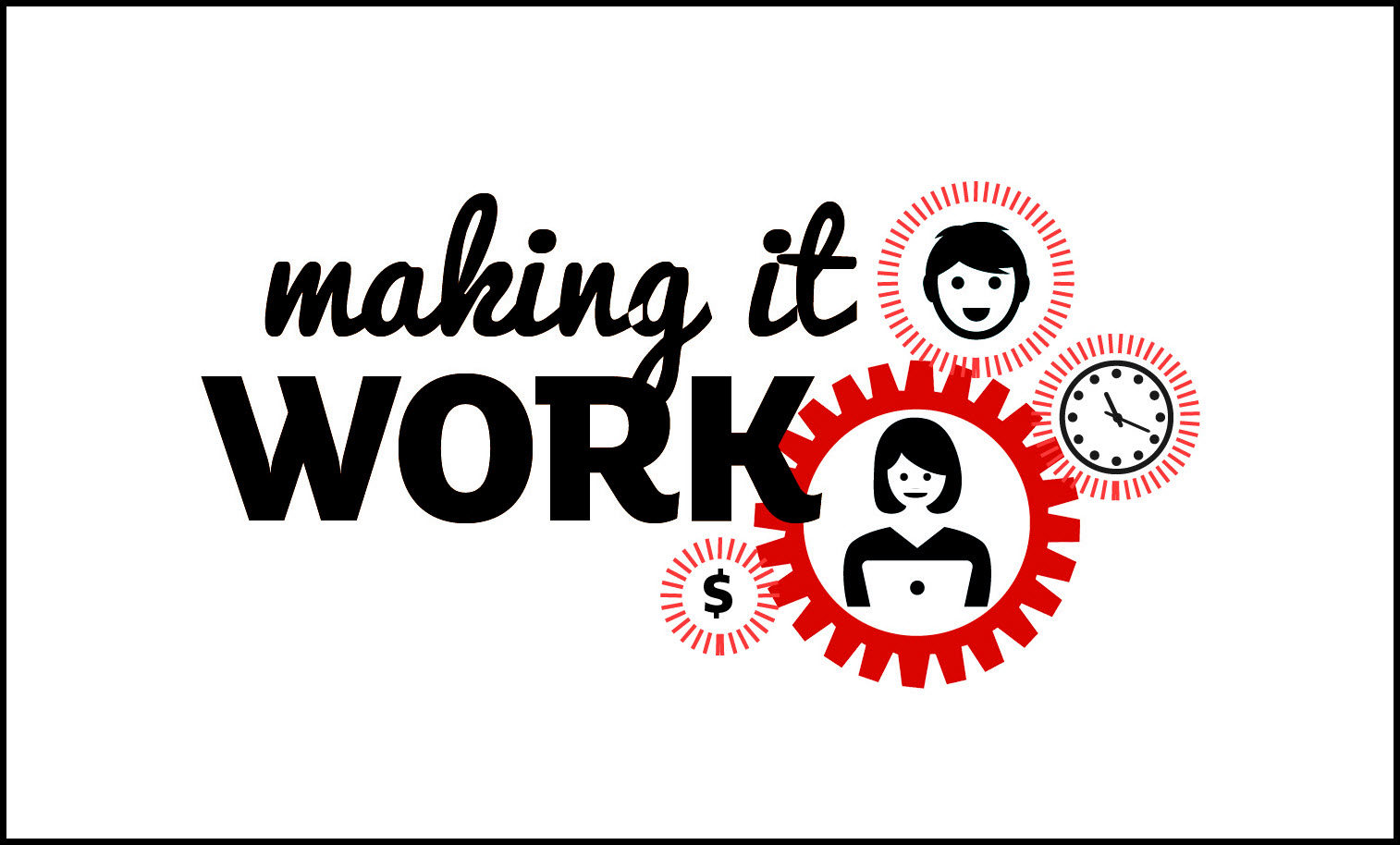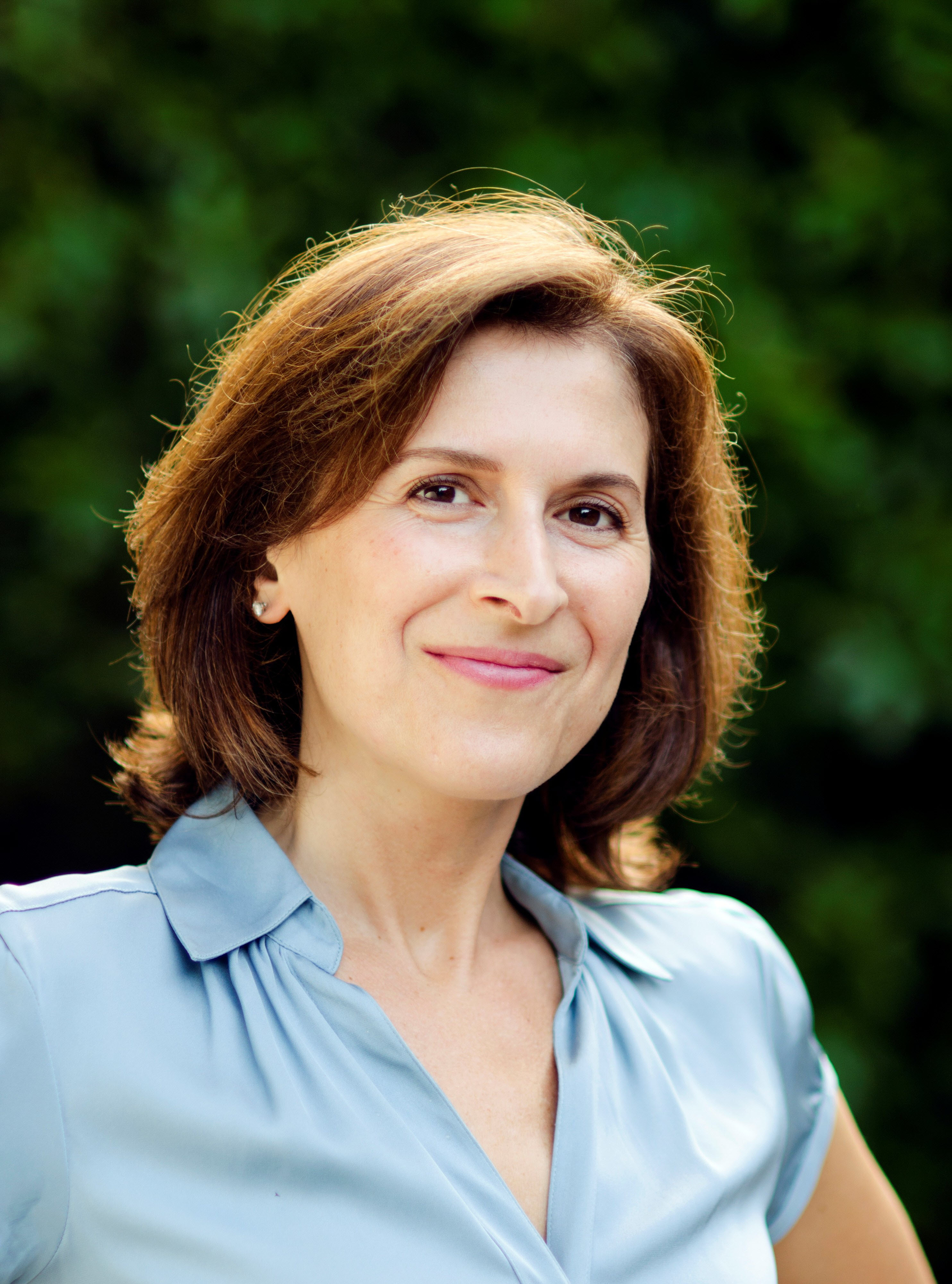What happens when career-focused women, ultra-busy climbing the ranks in their chosen fields, yearn for a baby?
Both the expected, and the unanticipated.
I spoke with Vlada Knowlton, Seattle-based director/producer of Having It All, an independent documentary that follows three Seattle women juggling the demands of career and motherhood. The film, co-produced by Ilona Rossman Ho, makes its premiere at an exclusive ParentMap engagement this month (see box for details). Also check out a trailer for the film at the end of this column.
I don't want give this film away for those who haven't seen it, so I won't reveal the close details of these mothers' (and their partners') journeys. But the movie, as it explores the familiar yet dramatic decisions professionals contemplating a family face, surfaces sometimes-frustrating truths about modern motherhood in a technology-driven world, gender stereotypes around parenting, and the gaps in American policies and business culture that impact new parents. Any worker embarking on or navigating parenthood, woman or man, will be engaged in this intimate, perhaps slightly cautionary, documentary.
How did you get the idea for this film?
At the time this idea came to me, I had recently left a busy job at Microsoft, my second child was a toddler, and I was in the midst of juggling a hectic home life while trying to nurture a fledgling filmmaking career. My mind was constantly absorbed with thoughts about kids, household management, career shifts and newly-learned filmmaking and screenplay-writing concepts. While trying to fall asleep one night, I suddenly awoke with the thought, I’ll make a film about what it’s like for women with careers to enter the part of their life when they start their family. Just like writers often tend to write about what they know, I guess the same goes for filmmakers.
Were there particular issues or a central message you hoped the film would communicate?
When I first set out to make this film I was being motivated by two driving questions: 1. Why was I so caught off-guard by how difficult it was to juggle work and a new baby, not to mention a new marriage? and 2. How do other women handle this time in their lives? I think I was basically always saying to myself, What coping class did I miss?
Once I began filming, and it became clear to me that my film subjects were going to encounter similar difficulties that I encountered, my motivation quickly evolved into wanting to show an honest story that validates other people’s struggles with these life changes. It was referred to decades ago by Betty Friedan as “the new problem that has no name.” I think such a description of the work-life balance problem is fitting, partly because I think women in our society are reticent to talk openly about it for fear of surrendering the very freedoms and opportunities that allow them to enter into such a difficult situation.
It’s a tough predicament. On the one hand it seems absolutely clear to me that all people must have the freedom to both pursue their own vocational goals and start their families. On the other hand it also seems clear that, at least in our country, this is still a very difficult thing to do. So, with films like mine, as well as many other books, films, and articles constantly coming out on the subject, I think what we’re all trying to say is, “This is a real problem and we as a society still need to find a better way to help families deal with it.”

What message or lesson do you think the film does give viewers now that it's done?
I think, or I should say, I hope that it makes viewers that are going through similar issues feel less alone in their struggles. When you see that your troubles are shared, that knowledge in itself can be a form of therapy that helps to ease your mind. I’ve heard people who’ve watched my film say things like, “That was me up there in that scene. I went through that same situation.” So I hope the film helps a few people in that small way.
I also think the film offers the message that, although the work-family juggle is always difficult and complicated, we need to understand and be respectful of the fact that every person handles it differently. Every person has to solve a complicated equation based on which external resources are available to them and what personal strengths, skills or goals they can leverage to move forward with their lives.
How did you choose the three women in the film?
One of the women was an ex work colleague and the other two I knew through my social network. I approached them because they were each at a different stage of trying to start a family: One was just thinking about it, one had just become pregnant, and one had recently had her first child. I also knew that each of them had already made a fairly significant investment in her career. I figured that if they said no, I’d then move on to trying to find others, but luckily they all said yes.
I don't want to spoil the film for those who haven't seen it, so I'll try to be general here. The film highlights many of the challenges women and couples face when balancing career and family. Some viewers might find some of the experiences the women in the film have discouraging. Thoughts on that?
Because it is a documentary, the experiences the women went through were real, and they were very open and honest when talking about them. I think that, while some things in their lives didn’t turn out as planned, the film definitely shows that the women rallied, adjusted and learned a great deal.
To me, one of the most important things to show was that these women were living a life in which they were free to make their own decisions and figure out their own paths. They spent the first parts of their lives working hard to get a good education. Now, they were faced with significant challenges, but they were not challenges they couldn’t overcome: they had the tools needed to sort things out and set themselves on a more manageable course. So instead of being discouraged, I hope that audiences, especially young people who are trying to make plans for their futures, would feel that the film helped them formulate more realistic expectations for what’s lying ahead.

Did making the film change your perspective on work/family balance and if so, how?
The funny thing is, instead of making me want to rein in my ambitions and make my work-life situation easier, listening to and learning from the wonderful women in the film made me want to work harder and reach farther. They made me realize how important it is (as long as you have the option to do so) to always support your need to do work in which you’ve invested a great deal of learning and training and/or for which you have a natural affinity.
Without the ability to do that work, you’re not likely to feel happy about other parts of your life. I think one of the most important things the women in the film showed is how fiercely they held on to their professional identities and accomplishments. Continuing to work and build their careers wasn’t an elective for them; it was a fundamental part of who they were.
What can we do to make it easier for mothers and fathers to be successful -— however we each define that — at both work and family?
As far as I can see there are two important aspects to success here; one personal and one societal. On a personal level we can help future parents by helping them to set realistic expectations and be better prepared for an extremely challenging time. There was an interesting study that came out a few years ago (by Katrina Leupp) that showed that 40-year-old women with kids were less likely to show symptoms of depression if, at age 20, they had expected it would be difficult to juggle work and family later in life. Those who expected that it would be relatively easy to both work and raise a family were more likely to have symptoms of depression at age 40. Different expectations at a younger age made a difference in the ability to cope with the work-family balancing act at an older age.

As far as personal preparation, I think it’s important for us to avoid gender stereotypes and to do our best to prepare both young girls and young boys for the possibility of having to work outside the home and inside the home. We know that it’s unreasonable to expect only one parent to go to work during the day, and then come home and handle the bulk of the household chores. Both potential parents should be willing to enter a partnership of household and childcare responsibilities if they both expect to pursue outside-the-home careers. (If they’re lucky enough to find a partner, that is. And if they end up single, well those housework skills will prove to be equally important.)
On a societal level we have to be able to agree on the minimal level of support we have a duty to provide for families in the most vulnerable situations, such as when they are caring for a newborn. Our country’s family-friendly policies are obviously lagging behind the rest of the world. Compared to all other developed nations our country has the smallest percentage of women eligible for any form of paid maternity leave, not to mention a similar lack of paternity leave, and that’s a big part of the problem.











